Tech has made cars safer, smarter, and more connected—but it’s also made us a little worse behind the wheel. With so many features doing the thinking for us, it’s easy to let our skills slip without realizing it.
That doesn’t mean all tech is bad. In fact, when used wisely, it can absolutely make driving safer. But balance is key. Here are 10 ways tech might be hurting your driving habits—plus 3 ways it’s actually helping.
1. You Rely Too Much on Backup Cameras

Backup cameras are great—but they’ve made a lot of drivers lazy about looking around. Some people stop checking their mirrors or turning their heads at all.
That means you might miss objects just outside the camera’s view. Use it as a tool, not your only source.
2. Navigation Has Killed Your Sense of Direction

Relying on GPS for every drive means your brain stops building mental maps. You follow the blue line, but you’re not really learning the area.
That can lead to over-reliance, even for simple routes—and it’s a problem if your signal drops or the app glitches.
3. Touchscreens Take Your Eyes Off the Road

Big infotainment screens look cool, but they’re distracting. Changing settings or navigating menus often takes longer than a physical knob or button.
Every second your eyes are off the road increases your crash risk. Some systems are worse than smartphones for distraction.
4. Lane Keep Assist Makes You Drift Mentally
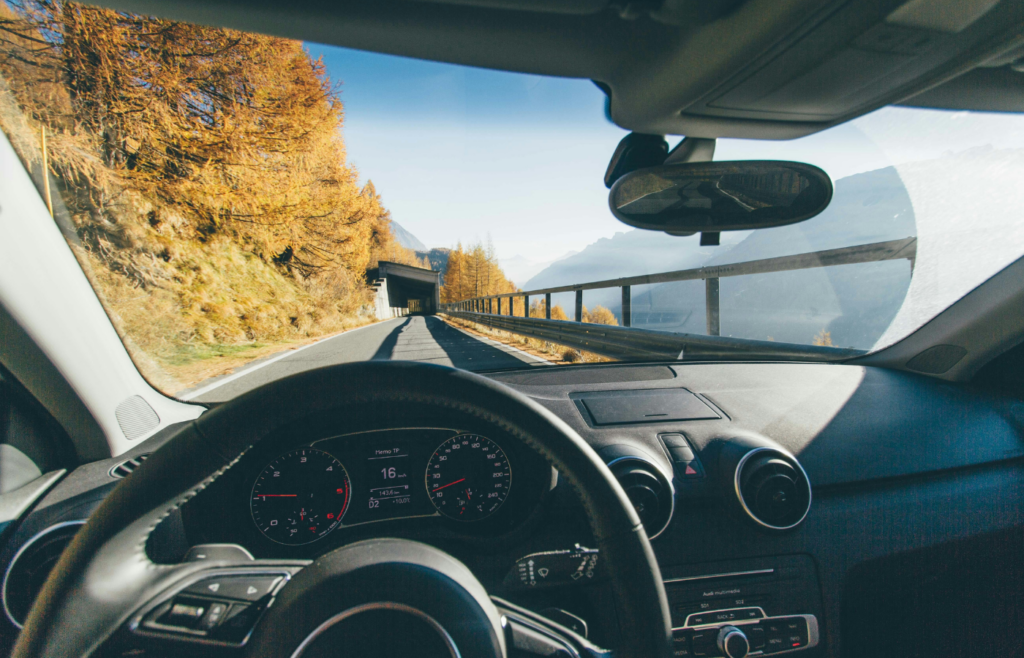
When your car gently steers you back into the lane, it’s easy to zone out. Some drivers start relying on it too much and stop actively steering.
These systems are meant to assist—not replace—you. Mental drifting can lead to real accidents when the tech can’t keep up.
5. You Don’t Check Blind Spots Like You Used To

Blind spot monitors are helpful, but they’ve trained some drivers to ignore manual checks altogether.
Technology can fail. Always do a quick glance to confirm what the sensors see (or don’t see).
6. You Accelerate and Brake More Aggressively
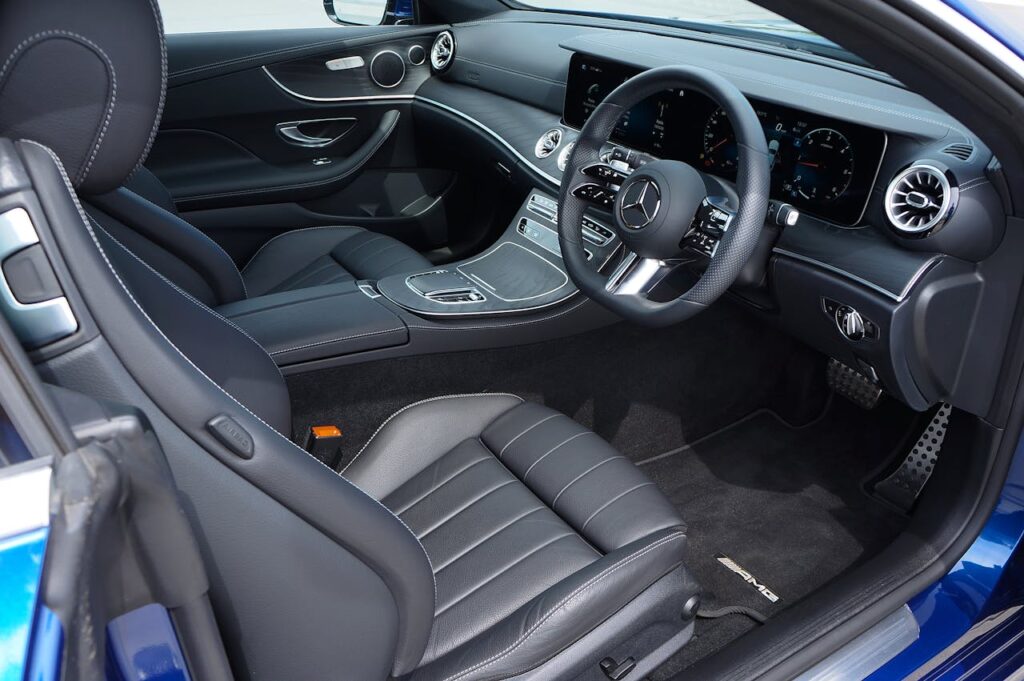
Modern cars are powerful and quiet. That makes it easier to speed up fast without noticing—and harder to gauge your braking by sound or feel.
The result? More wear on your car and a higher chance of rear-ending someone. Smoothness is a skill worth keeping.
7. You Don’t Listen to the Car Anymore
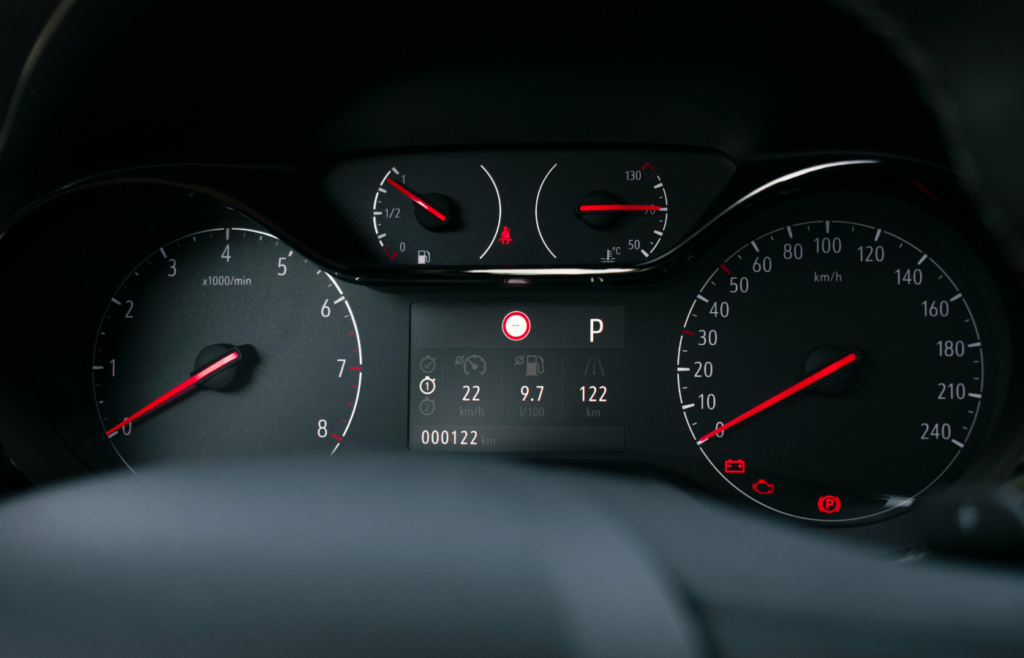
Tech systems can drown out the little clues your car gives you. Squeaky brakes, loose steering, weird vibrations—they’re easier to miss when you assume “no lights = no problem.”
Good drivers stay alert to how the car feels—not just what the screen says.
8. You’re Always Half-Distracted
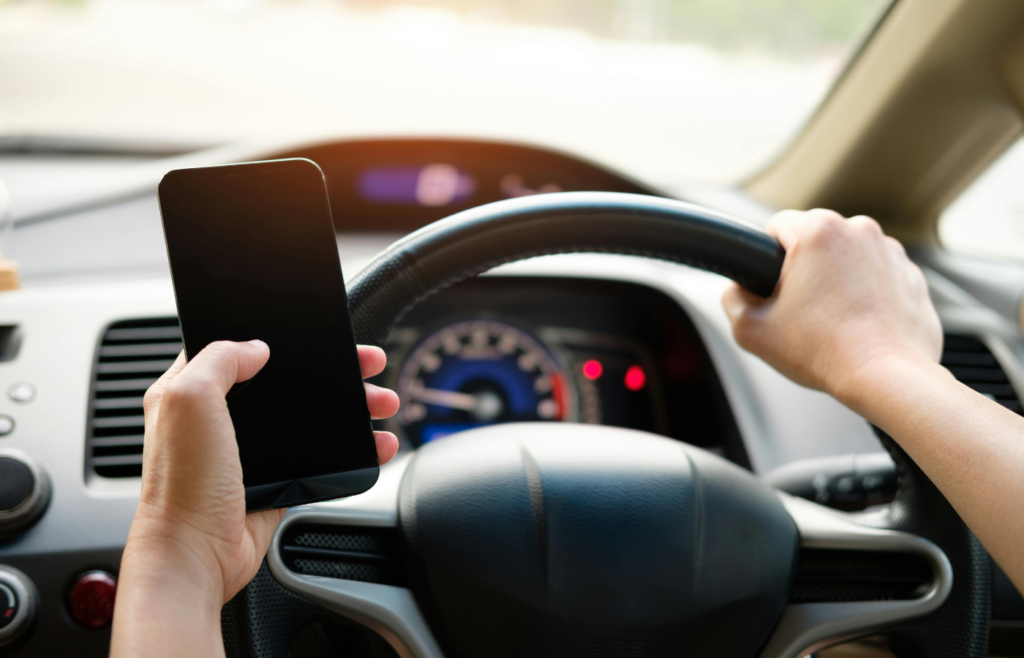
Smartphones, messages, podcasts, and calls—all are available at the push of a button. But multitasking behind the wheel is still a bad idea.
Tech makes it easier to justify divided attention. But your reaction time and focus still take a hit.
9. You Let Driver Assist Do Too Much
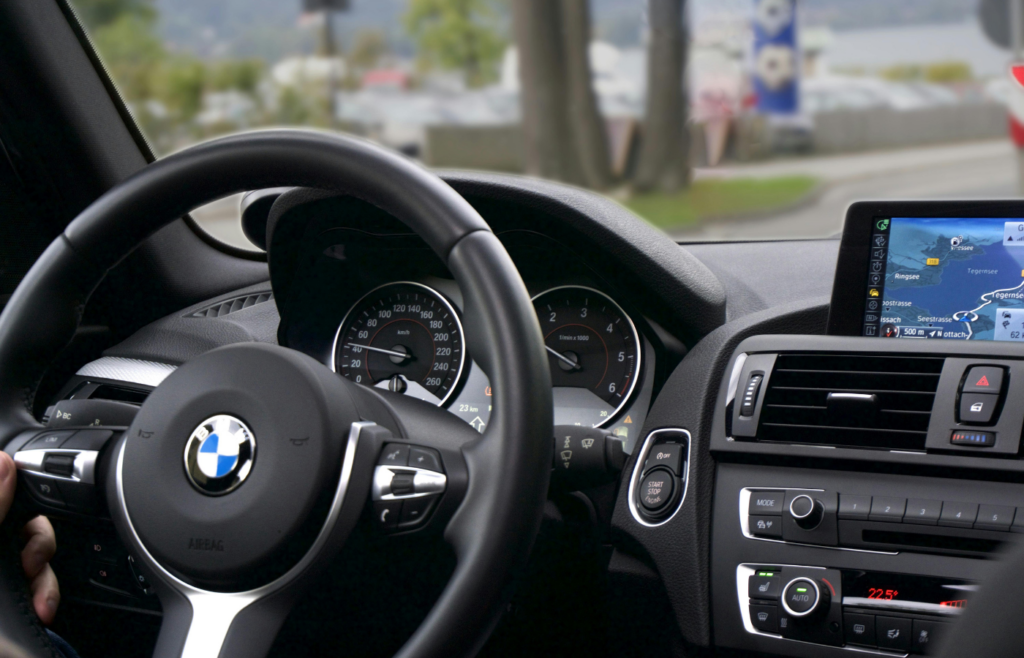
With adaptive cruise, lane keep, and collision avoidance, it’s easy to go into autopilot mode. Some drivers even admit to zoning out completely on long drives.
These systems are helpers—not replacements. They reduce risk, but they don’t erase it. You still need to stay sharp.
10. You’ve Forgotten How to Park Without Tech

Parallel parking used to be a skill. Now, many people panic if their camera glitches or parking sensors go silent.
Practice parking without the tech now and then. You never know when you’ll need the old-school way.
And Now… 3 Ways Tech Is Making You a Better Driver
1. It Alerts You Before You Make a Mistake
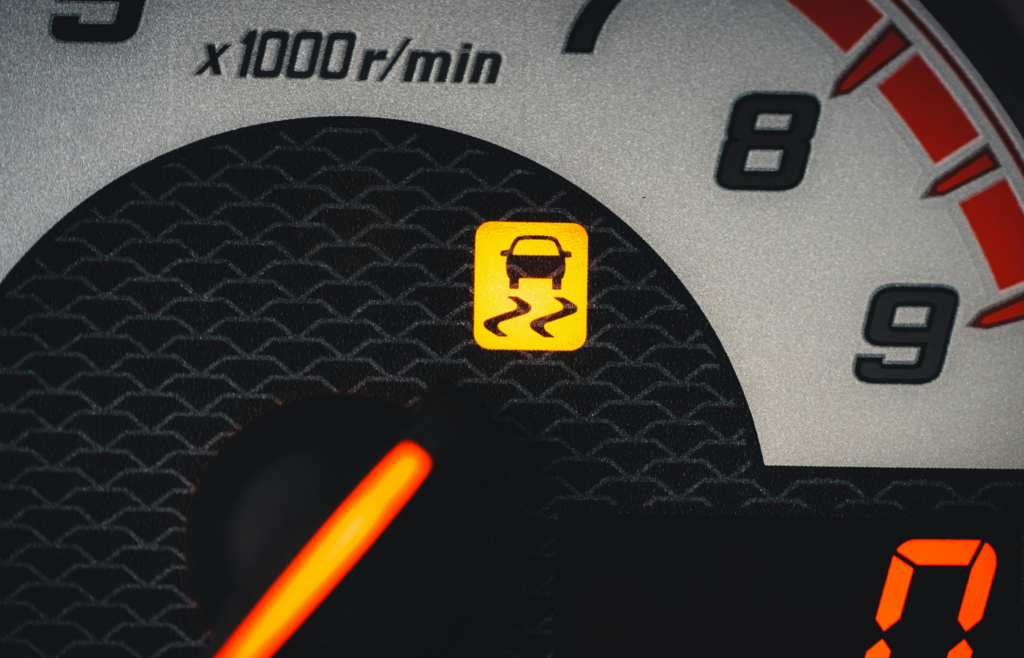
Modern cars warn you about lane drifting, potential collisions, and even fatigue. These alerts can catch mistakes before they become accidents.
Used properly, they act like a safety net—not a crutch.
Read More: The Unexpected Costs of Owning an Electric Car in 2025
2. It Helps You Learn Your Bad Habits

Some vehicles and insurance apps give you driving feedback—hard stops, fast starts, or speeding habits. That data helps you improve your skills over time.
It’s like having a coach riding shotgun—minus the lectures.
Read More: 10 Trucks So Tough They Might Outlive You
3. It Keeps You Safer in Emergencies
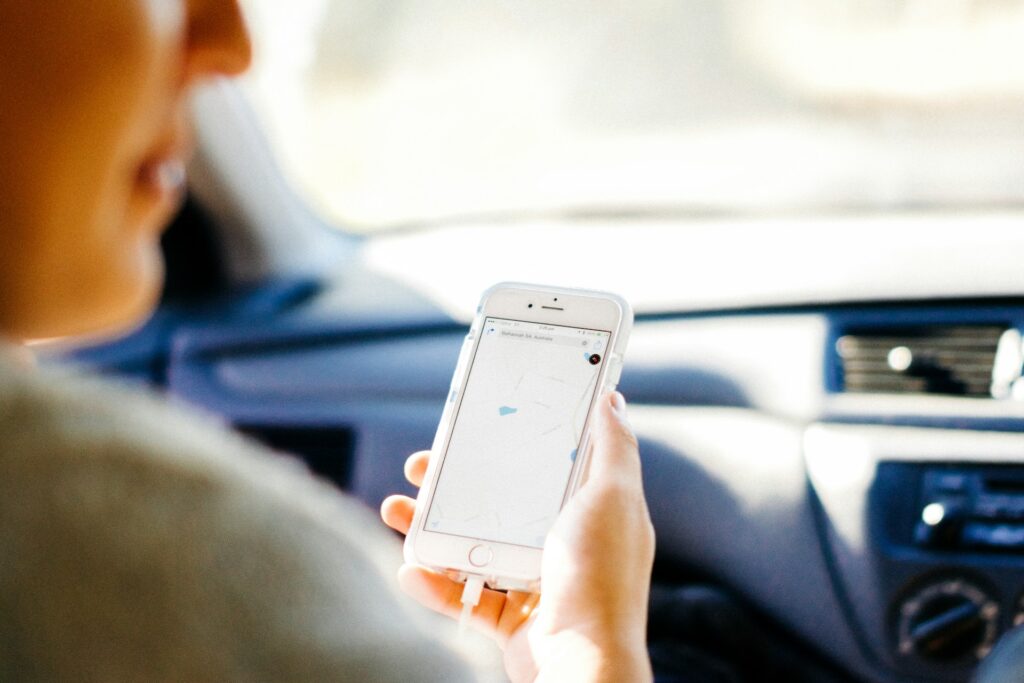
From automatic emergency braking to post-crash notifications, new safety tech has saved countless lives.
When something truly unexpected happens, it can react faster than you—and that’s when it really matters. Bottom line? Tech can either make you sharper—or dull your instincts. The trick is to let it support you, not replace you. Stay alert, stay involved, and drive like your safety doesn’t just depend on a sensor—because it doesn’t.
Read More: 10 Wild (But Realistic) Predictions for the Next 50 Years of Automotive Tech

